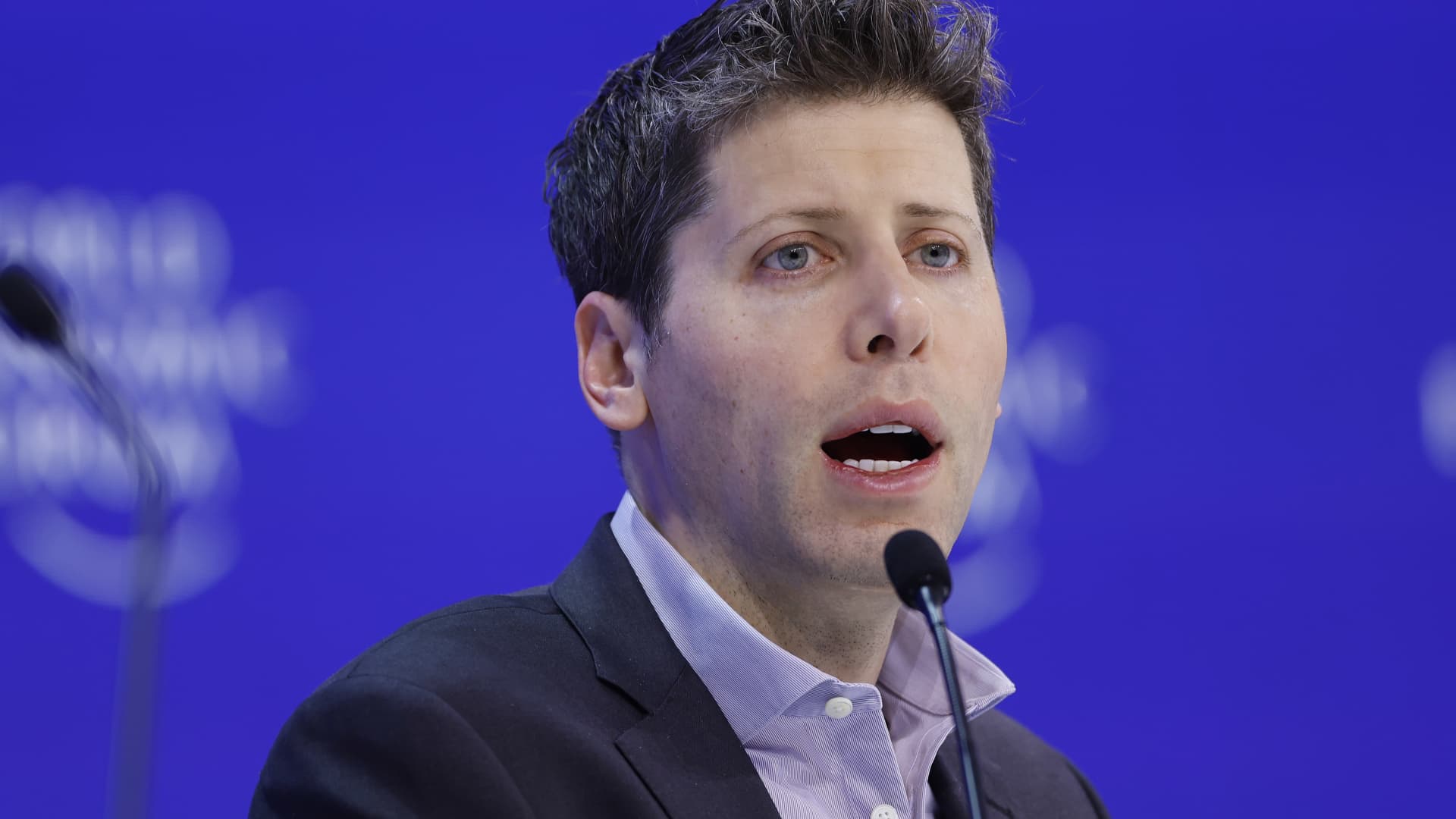OpenAI on Tuesday publicly responded to a lawsuit brought by co-founder Elon Musk, highlighting apparent hypocrisy on the part of the now-billionaire and early backer of the company.
In its response, OpenAI reproduced old emails from Musk in which the Tesla and SpaceX CEO encouraged the rising startup to raise at least $1 billion in funding, and agreed that it should “start being less open” over time and “not share” the company’s science with the public.
The reproduced messages follow a starkly different point of view Musk represented last week, when he sued OpenAI, CEO Sam Altman and President Greg Brockman, alleging breach of contract and unfair competition.
In the suit, Musk’s attorneys allege that the inner workings of OpenAI’s GPT-4 AI model are “a complete secret except to OpenAI—and, on information and belief, Microsoft,” and that the secrecy is driven by commercial purpose rather than safety. OpenAI said, “We intend to move to dismiss all of Elon’s claims.”
OpenAI CEO Sam Altman speaks at the World Economic Forum in Davos, Switzerland, on Jan. 18, 2024.
Stefan Wermuth | Bloomberg | Getty Images
In November, Musk told an audience at The New York Times’ DealBook conference that OpenAI had deviated from its original mission in his view.
“OpenAI should be renamed ‘super closed source for maximum profit AI,’ because this is what it actually is,” Musk said onstage at the event. He noted that it’s transformed from an “open source foundation” to a multibillion-dollar “for-profit corporation with closed source.”
By contrast, Musk appeared to discourage OpenAI co-founders from taking a too-lean approach to fundraising, according to emails the company reproduced from December 2018. He wrote that OpenAI had a zero-percent chance of becoming a relevant competitor to Google’s DeepMind unless the startup made a “dramatic change in execution and resources.”
“My probability assessment of OpenAI being relevant to DeepMind/Google without a dramatic change in execution and resources is 0%. Not 1%. I wish it were otherwise,” Musk wrote in one email to fellow OpenAI co-founders Ilya Sutskever, Brockman and Altman. “Even raising several hundred million won’t be enough. This needs billions per year immediately or forget it.”
Musk is now CEO of automaker Tesla, defense contractor SpaceX and the owner of X Corp., as well as the founder of brain computer interface startup Neuralink, and a would-be competitor to OpenAI that he named xAI.
Before he left OpenAI, the company said in its response to his lawsuit, “Elon wanted majority equity, initial board control, and to be CEO” of the artificial intelligence venture. The startup also said in its blog post that Musk sought to become OpenAI’s CEO in 2017 as it was changing its structure.
Musk’s companies have, at times, attracted talent away from OpenAI. In the case of xAI, Musk positions the company’s first product, Grok, as competitive with OpenAI’s software ChatGPT.
In emails from January 2018 reproduced by OpenAI, Musk agrees with an unnamed sender who encouraged the startup’s co-founders to rely on Tesla as their “cash cow.” Going into the first quarter of 2018, Tesla reported a cash balance of $3.4 billion, after it posted a net loss of $2.24 billion for the full year in 2017 on revenue that year of $11.8 billion.
CNBC has not independently verified the authenticity of the emails included in OpenAI’s response on Tuesday, some of which contained partial redactions.
Read more CNBC reporting on AI
The “contract” at the heart of Musk’s recent lawsuit against OpenAI isn’t a formal written agreement signed by all parties involved in creating the company.
Instead, Musk via his attorneys argues that the early OpenAI team had forged agreements to develop artificial general intelligence, or AGI, “for the benefit of humanity” as a nonprofit. However, the project was transformed into a company with a complex corporate structure including a for-profit entity that Musk contends is largely controlled by Microsoft.
Musk used much of his legal complaint to remind the world of his central position in the creation of OpenAI, which has become one of the hottest startups on the planet, thanks largely to the viral spread of ChatGPT and image generator DALL-E.
OpenAI’s public response on Tuesday night mirrored executives’ memos sent to employees at the company last week.
Musk’s lawsuit and OpenAI’s response follow a roller coaster few months for the company including board room drama, a reshuffling of the board and an investigation by financial regulators.
Attorneys for Musk were not available to comment on Tuesday night after OpenAI published its response.
— CNBC’s Jordan Novet contributed reporting.
Don’t miss these stories from CNBC PRO:
